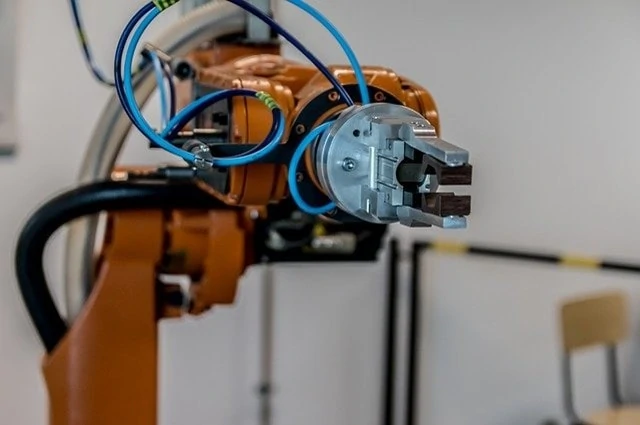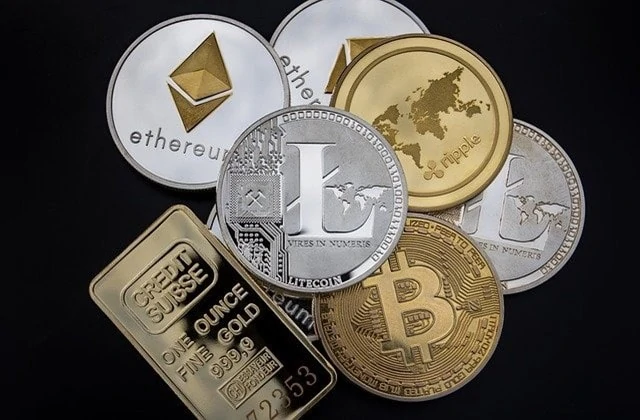The rise of mobile devices and the dominance of social media means many people now live as spectators of their own lives, watching and commenting as they go. And the spread of artificial intelligence capable of understanding natural language and responding to requests with a knowledge base will radically change how we interact with machines in the future.
Cloud Computing
Cloud computing is a way to use the Internet and computers to store and share information. Cloud computing is also an area of computer networking. Many companies and organizations use it for storing data. In our world today, there are many cloud services that we use, such as Gmail, Facebook, Dropbox, and Twitter. Instead of storing files on our computers, they can be stored on the cloud, accessed through a secure connection. The way it is changing things for the better is that with a proliferation of data coming from high-speed data networks and ever-improving smartphone technology, people need to store all of their data. However, it is not only the storage that is important but also the method to access it. These days, it is even possible to use a computing device with minimal storage and then access everything you need directly from the cloud.
Healthcare Digitization
As the healthcare industry evolves, it becomes increasingly important to keep up with the ever-increasing demand for pertinent data. However, healthcare data is currently in a state of disorganized chaos, as disparate record-keeping systems are fragmented across numerous locations. This contributes to inefficiencies and low productivity, leading to an increase in cost and a decrease in the quality of services provided. Consequently, the advent of healthcare digitization will lead to a host of health and wellbeing benefits for those who use it. Regarding consumers specifically, this could mean virtual clinic visits, which will mean less travel and lost time. Furthermore, in this new era of worldwide pandemics, it will make it easier to share data and allow patients to get checked out without physically entering a hospital and potentially infecting others.
Fintech
Fintech is a mix of finance and technology used to describe the financial services of the future.
While interest in fintech is increasing, most financial services institutions are still cautious about rolling out new products to banks and consumers. However, that could change in the future: fintech offers unique tools and financial information to consumers, which can help them manage their money better. This involves the use of sophisticated anomaly detection that ensures their customers’ money is safe. Nevertheless, this tech is advancing at an extraordinary rate and has made banking more efficient, reliable, and cost-effective. Fintech companies are designed to solve problems that may be financial in nature and create new products, services, and business models, which may benefit consumers and businesses. It has also brought more innovation to the market and accelerated the pace of change.
Robotic automation
Robotic automation uses robotics and automation technology to produce goods, machines, equipment, and processes to perform work or tasks more efficiently and cost-effectively than traditional means. There are many types of automated systems that can produce vehicles, electronics, and even health products. Automation is a common application of robots in factories and warehouses. They are used to do the work that people would instead not do (and would otherwise be paid for), freeing them up to do other tasks. This type of automation has improved the consumer market by drastically lowering costs and making production more efficient and less wasteful.
The Blockchain
The blockchain is a disruptive technology, used in various ways, from trading to ticketing to voting and even tracking diamonds. As a decentralized database, blockchain acts as a ledger for recording and keeping track of all business transactions. This distributed database is shared amongst all of the participants in a network, who are known as nodes. Blockchains were first used for trading cryptocurrencies on peer-to-peer networks, with the most famous being Bitcoin.
The blockchain is a revolutionary invention that will change the way consumers interact with the world. Two parties can use it to record transactions between themselves. Unlike typical databases, it is a decentralized system that relies on cryptography to maintain the integrity of every transaction. With the blockchain’s anonymous and distributed nature, parties can interact with each other without the need for a middleman, reducing settlement costs and making the process faster and more secure. The benefits of the blockchain are endless. It is possible to do things not possible on other platforms, like create trust and transparency without an intermediary. It can be applied to the most significant issues of our day, such as healthcare, the environment, and even economics.
Many online brokers and apps currently offer the ability to trade cryptocurrencies with the most popular platform being Coinbase. To learn more about Coinbase, read the review on findcryptoexchange.com
Marketing
Marketing has changed drastically over the last few decades. In the past, marketing campaigns were simple: if you run a television spot, people would see it and remember it either after they had a chance to see it or see it again later. Now, with the Internet, digital marketing works differently. You can use the power of the Internet to target your audience with the right message directly, and you can pinpoint your audience to see if they have already seen the ad and if not, you can try to get them to see it so that your ad is more likely to be seen. Social networks, email marketing, and other marketing strategies have made it easier for marketing professionals to reach their customers. This final point has completely changed the direction of product consumption. It is now far more accessible to target exactly who you want without wasting any money in the process. This may sound scary to some, but the benefit to the end consumer is that they only see adverts tailored to their specific desires.
Technology has become a ubiquitous part of modern society, changing how we think, interact with others, and consume information. Whether we’re talking to friends, reading the news, listening to music, playing games, or surfing the web, we always have our phones with us. However, it is the underlying technologies behind these consumer-based products that are shifting the way people interact with their banks, their healthcare providers, and even their governments.










It takes a lot of effort and research to learn the world of cryptocurrencies and trading. I looked at a number of various websites and programs, but I didn’t discover anything really beneficial. I stumbled found an intriguing article called Moving Averages a few days ago. It was quite beneficial; I now understand what it is and how it operates. Despite the number of websites I’ve visit, I have yet to come across such simple but essential information.